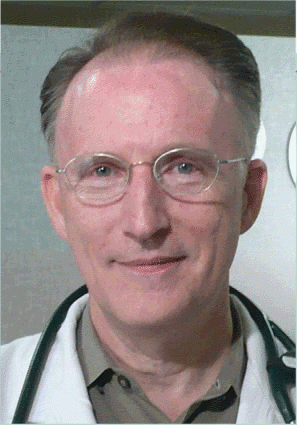The otolaryngologists and pediatric surgeons who watched President Obama’s July 22 press conference must have been astonished to hear themselves vilified by the Health Care Reformer-in-Chief. Apparently, the bemused president believes that a pediatrician treating a child’s bad sore throat whips out a fee schedule, finds that he could make a lot more money by performing a tonsillectomy, and then blithely goes ahead with the gratuitous surgery. Never mind that based on medical necessity, the pediatrician might refer the young patient to an otolaryngologist or pediatric surgeon to remove the offending tonsils and adenoids, which usually do not magically heal themselves. Hopefully, through the necessary surgery, the pediatric patient would have breathing return to normal and avoid a life-threatening condition such as obstructive sleep apnea.
Explore This Issue
October 2009The sore throat/tonsils brouhaha illustrates the dangers of overhauling our complex and nuanced health care system without putting physicians in control of a process that could affect more than 300 million lives. Should bureaucrats-particularly the bureaucrats and politicians who promise universal coverage for everyone regardless of health status, paid for by projected savings-really be in charge of running the doctor-patient relationships rather than the only two parties who actually belong there?
Unfortunately, President Obama has not yet learned the cruel lessons of the four failed statewide plans that have tried to provide a public option based on private insurance plans without raising costs-TennCare (Tennessee), MassCare (Massachusetts), Dirigo Choice (Maine), and Keiki Care (Hawaii). All of them have suffered from the same toxic combination of wrong-headed policy and perverse incentives:
 Once I exited the dysfunctional health care system, I was able to see 10 to 12 patients a day, versus 25 to 30 before. We were also able to manage fixed costs, and there aren’t a lot of incremental costs, so monthly fees cover the practice costs quite well.
Once I exited the dysfunctional health care system, I was able to see 10 to 12 patients a day, versus 25 to 30 before. We were also able to manage fixed costs, and there aren’t a lot of incremental costs, so monthly fees cover the practice costs quite well.–Garrison Bliss, MD
- Costs always far exceed budget projections-because giving more people access to health care means they will use it.
- Consumers are smart. When health insurance premiums are heavily subsidized, they figure out that paying their premiums for a short period of time, getting all their medical needs attended to, and then not paying the premiums makes economic sense.
- Consumers have figured out that having a penalty assessed on their taxes, like Massachusetts’ $800 penalty for not having insurance, is a lot cheaper than paying premiums once your medical needs have been taken care of.
- Consumers and their employers leave private plans in droves when a cheaper public option appears. Hawaii’s well-meaning governor Linda Lingle pulled the plug on Keiki Care, her state’s universal insurance plan for children, after only seven months. It didn’t take long for employers to realize that when parents dropped their expensive private insurance and piled into the subsidized public plan, Keiki Care’s cost ballooned. It was not intended to cover middle-class families with private insurance, but when employers saw the loophole, they took advantage of shifting their costs to the state.
- As costs of public plans escalate and anticipated savings never materialize, politicians have little choice but to shift the ballooning costs to hospitals and doctors by lowering their reimbursements.
- Physicians refuse or become overwhelmed with prospective patients with newly minted health insurance policies they were forced to buy. Those patients then find themselves without a doctor who will take them on.
Leave a Reply